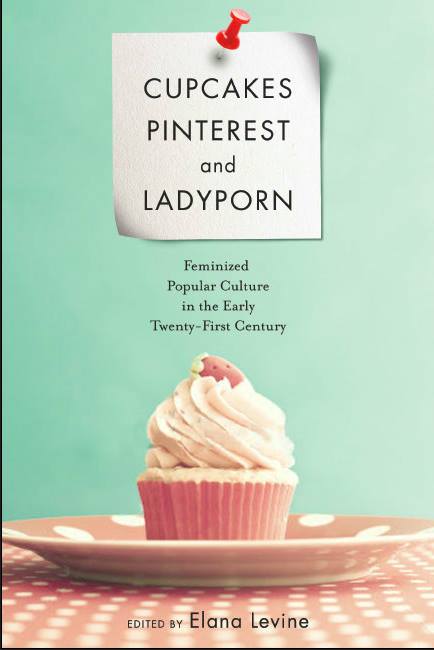
In the first installment of a four-part series on the new anthology Cupcakes, Pinterest, and Ladyporn, editor Elana Levine outlines some of the motivations for this collection as well as its guiding theoretical and thematic frameworks.
Read more »

In the first installment of a four-part series on the new anthology Cupcakes, Pinterest, and Ladyporn, editor Elana Levine outlines some of the motivations for this collection as well as its guiding theoretical and thematic frameworks.
Read more »
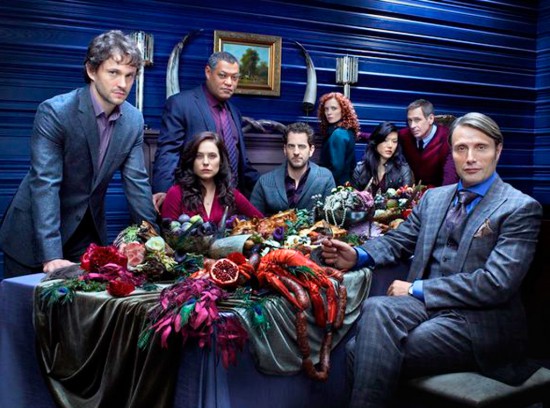
In the first installment of a three-part series on NBC's Hannibal, Allison McCracken and Brian Faucette discuss the show's and network's branding efforts in relation to their appeals to "feminized" audiences.
Read more »

Soldiers, survivors, 3 a.m. fathers—Anthony Smith looks at families in recent video-game advertising and finds a "gamer dad" who’s gamer first, dad a distant second (while gamer mom is first and always a mom).
Read more »

The country radio controversy known as "#SaladGate" is a classic case of disruption caused by digital and social media and greater media literacy.
Read more »

In the so-called “attention economy,” brands increasingly harness the immaterial labor of social media participants. To what extent can these digital activities by understood as gendered? This post draws on findings from a recently published International Journal of Cultural Studies article to explore the gendered politics of social media labor.
Read more »
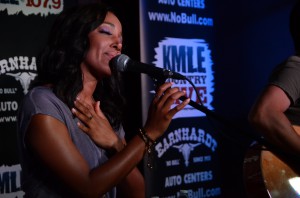
Country radio programmers find themselves fighting back against the domination of “bro-country.” This battle, along with the forcing of Paramore's Grammy-winning Rock Song of the Year into the Pop format, further shows why music radio needs more female singers.
Read more »

New experts are needed to find and listen to music online, and gender is key to what is considered expertise in the field of music and media technology.
Read more »

We have been to three girl-focused cons this summer and fall: LeakyCon, DashCon and GeekGirlCon. These cons are non-profit, largely run by volunteers, and provide alternative geeky spaces to male-dominated cons. These cons extend the work of social media such as Tumbr by providing safe public spaces where feminist, feminine, and queer young people can...
Read more »

The rhetoric of #gamergate co-opts concerns that women and minorities in the industry have raised for years. It has struck a chord now because the industry is changing.
Read more »
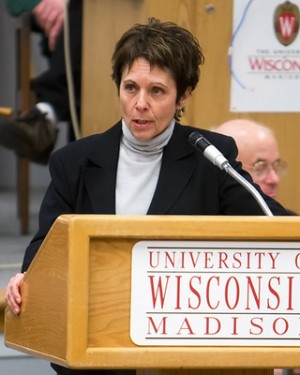
Does circulating information influence, inflect, or inhibit material relations in empirically verifiable ways? And do strategic interventions in the super-structural sphere actually promote sustainable social effects?
Read more »

Josh Shepperd's "On (the) Wisconsin Discourses" series continues with a focus on the contributions of Julie D'Acci to the concepts of emergence and temporality
Read more »

While teaching an undergraduate film module this week, I asked my student cohort to come up with any female-led film franchises. We were discussing gender and I was trying to illustrate how inequality still persists in the twenty-first century both at the level of industry and aesthetics. Masculine film franchises were easy and the...
Read more »

Female-led film franchises are few and far between, especially in the traditionally masculine genres of science fiction and fantasy. There are, of course, exceptions to this ‘rule’ which I shall discuss in a moment – but, firstly, I would like to point out that I am not implying that so-called ‘boy’s genres’ – science...
Read more »
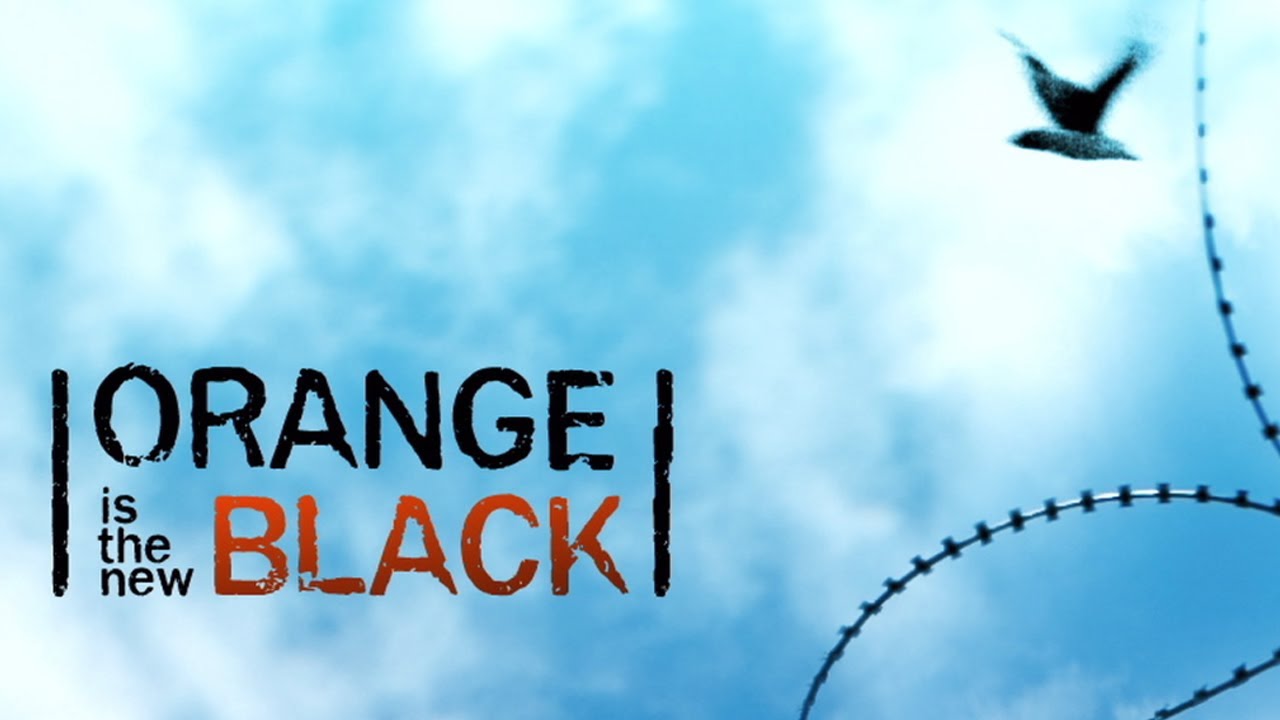
The success of Netflix's original series Orange is the New Black says something about our culture’s readiness for complex, sexually diverse female characters.
Read more »
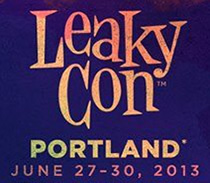
Part six of a seven-part series: LeakyCon’s space alters norms of masculine performance, creating a set of genderqueer performance aesthetics tailored to its fangirl attendees.
Read more »